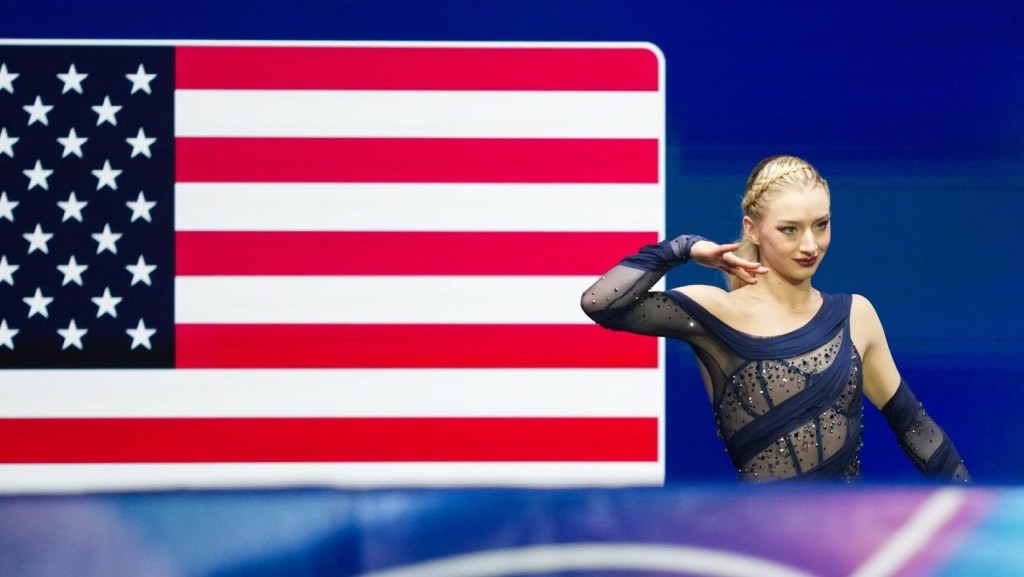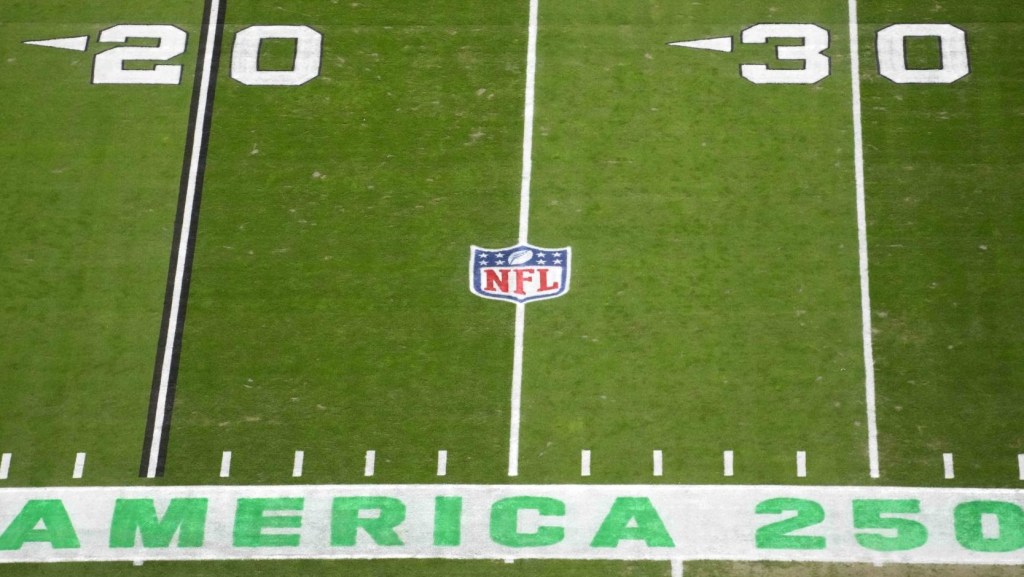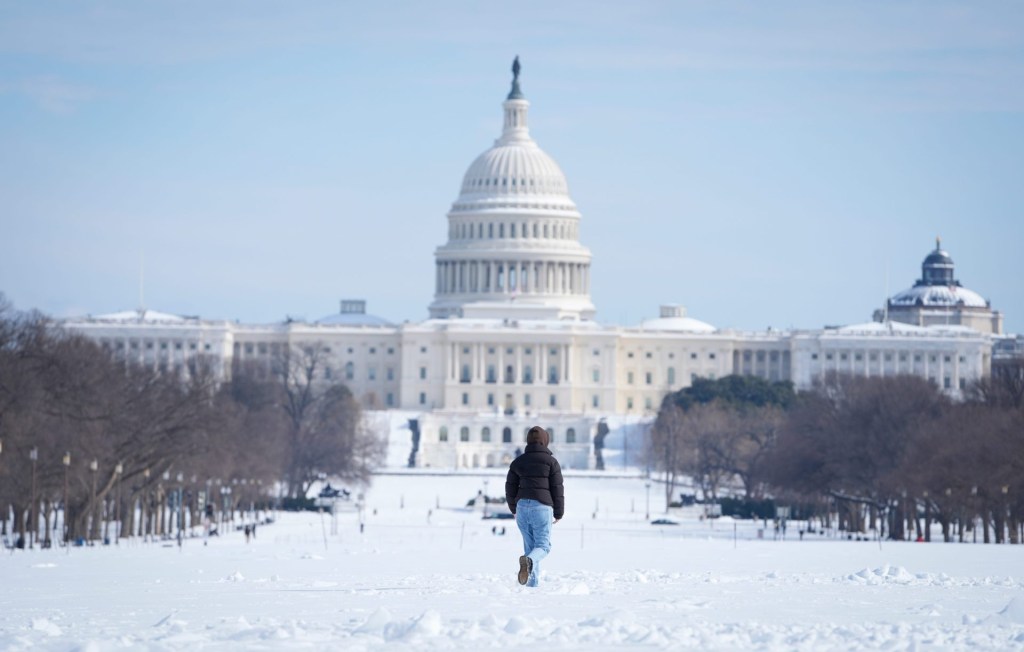A month after the Department of Justice threatened to take legal action against California following a transgender high school athlete’s state championship track performances, the federal government filed a lawsuit against the state.
The 24-page suit filed Wednesday in the Central District of California claims permitting trans athletes to compete in women’s sports ignores the “undeniable biological differences between boys and girls, in favor of an amorphous ‘gender identity’ and is in violation of Title IX. The filing is seeking a permanent injunction prohibiting the state from “further violating Title IX” and allowing transgender girls to participate in girls sports in the California school system. The California Department of Education and California Interscholastic Federation, which governs high school sports in the state, are listed as defendants.
The case centers on AB Hernandez, a trans girl who at 16 years old competed at the state track championships this spring, earning first place in the high jump and triple jump, and second place in the long jump. The state had anticipated Hernandez’s success and ruled that any cisgender athletes beaten by Hernandez would join her on the podium. Some attendees protested with signs and heckling, and a plane flew a banner over the meet reading “No boys in girls sports.”
According to Wednesday’s filing, the DOJ is also looking to implement a monitoring system that would seek to ensure compliance with Title IX and compensate athletes they feel have been denied equal opportunities.
“This discrimination is not only illegal and unfair but also demeaning, signaling to girls that their opportunities and achievements are secondary to accommodating boys,” the DOJ said in its filing. “It erodes the integrity of girls’ sports, diminishes their competitive experience, and undermines the very purpose of Title IX: to provide equal access to educational benefits, including interscholastic athletics.”
In June, Assistant Attorney General Harmeet Dhillon sent a letter to the state’s public schools claiming their transgender athlete policy violated the 14th Amendment’s equal protection clause and equated to “unconstitutional sex discrimination.” The letter threatened legal action if the schools did not comply by a June 9 deadline. The state’s Department of Education held that the 14th Amendment did not apply here, and that the state’s trans athlete policies follow California law by protecting students from gender-based discrimination.
“California state law protects all students’ access to participate in athletics in a manner that is consistent with their gender identity,” State Superintendent Tony Thurmond said in a statement.
The Trump Administration filed a similar Title IX lawsuit against Maine in April. The administration has also singled out Minnesota for its trans athlete policies, but it has yet to take legal action.
Tensions had been brewing between Maine and the federal government following President Donald Trump’s executive order banning transgender athletes from competing in women’s sports in February. At a meeting of governors that month, Trump threatened Gov. Janet Mills, saying, “You better do it because you’re not going to get federal funding.” Mills responded: “We’re going to follow the law, sir. We’ll see you in court.”
Following the spat, the Department of Agriculture froze federal funding “for certain Maine educational programs” in early April, after which Maine sued, citing cuts to school meal programs, and got the funding restored. Mills called the suit against the state’s Department of Education “expected,” while the state’s Attorney General Aaron Frey said he is “confident” the state is complying with both Title IX and the Maine Human Rights Act.

















